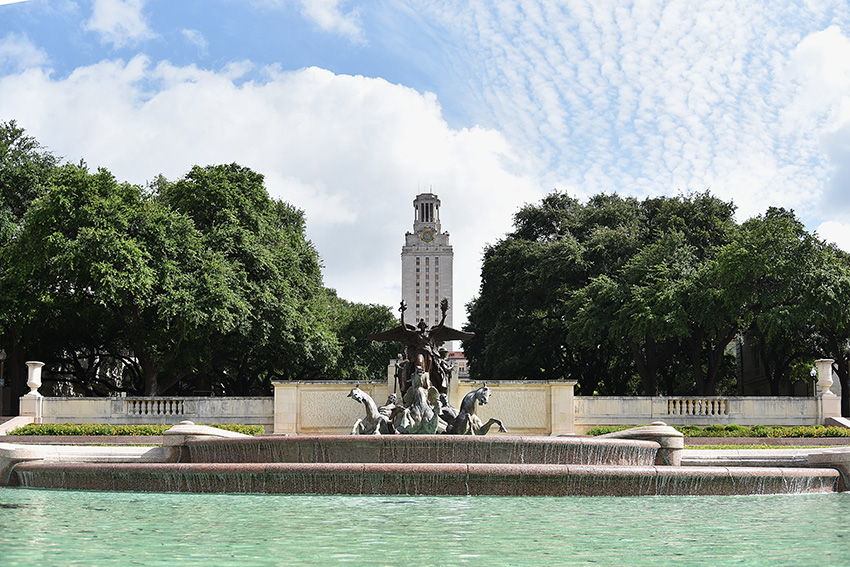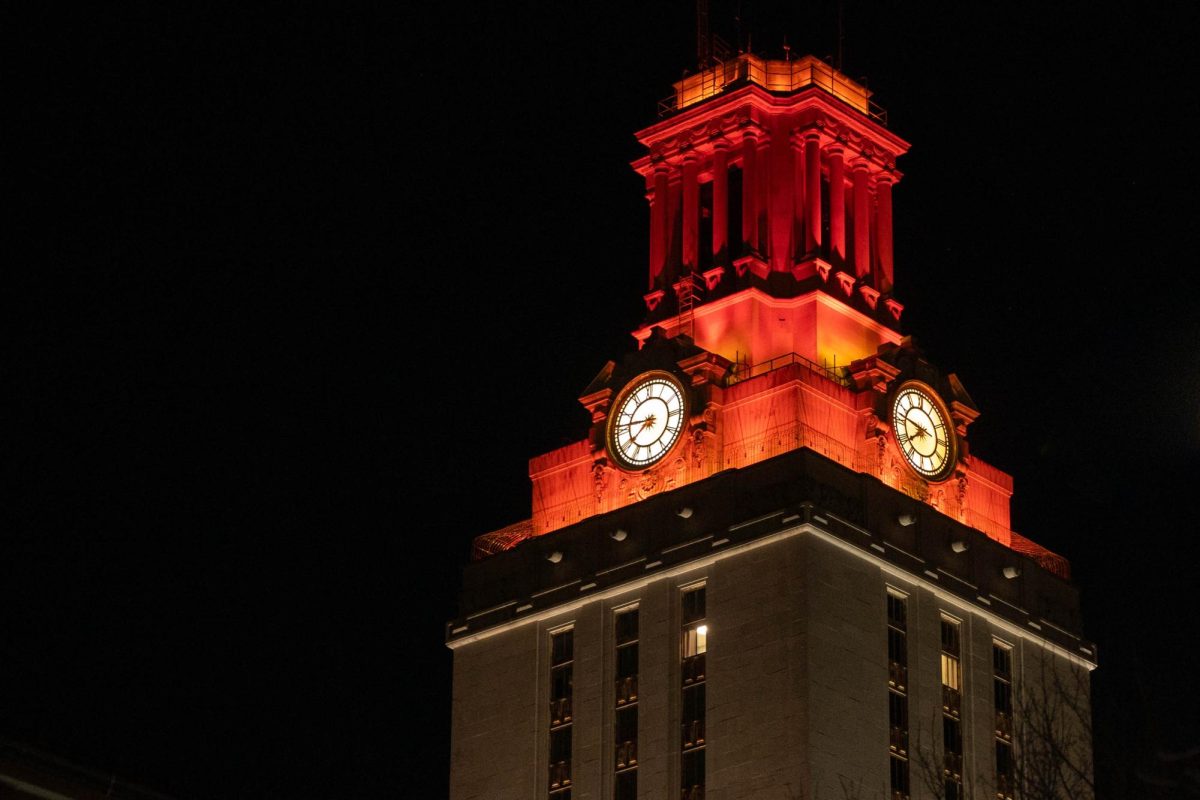In an effort to protect intellectual property theft, the U.S. Department of State has begun to shorten visa lengths for some Chinese graduate students.
Under the new policy, if Chinese graduate students are studying in fields such as robotics, aviation or high-tech manufacturing, U.S. consular officers may limit the length of valid visas to a year, rather than the previous standard length of five years. According to the Associated Press, the changes began June 11.
After the one-year visa expires, the new visa policy would require Chinese graduate students to reapply for a visa when they leave the United States.
E.W. Priestap, assistant director of the FBI Counterintelligence Division, said in a Senate hearing that a disproportionate number of the espionage cases the FBI sees involve Chinese graduate students.
“(We have evidence that) some foreign actors, particularly foreign state adversaries, seek to illicitly or illegitimately acquire U.S. academic research and information to advance their scientific, economic and military development goals,” Priestap said.
According to the most recent UT International Office statistical report, nearly 30 percent of international graduate students attending UT are from China.
Tatiana Woldman, assistant director of Student Advising Services for the UT International Office, said reducing the length of student visas would have a profoundly negative impact, specifically on the graduate and research programs at UT.
“The students that come here (from China) pay tuition here, they bring their families and they spend money here on housing and food,” Woldman said. “They are very high-caliber students and help UT to continue to be a top research institution and a top academic destination.”
Jianyu Huang, an international student from China, said he and his friends from China work every day to contribute to research and the economic development of the U.S., and they are concerned about the extra time it would take receive a new visa.
“This policy is somewhat inhumane, because the students are deprived of the precious chance of reuniting with their parents back at home,” said Huang, a computer science graduate student. “Imagine the feelings you would have when you leave your hometown and go abroad for several years and cannot ever go back to your home country.”
In a hearing, Texas Sen. John Cornyn said while most international students come to the United States for legitimate reasons, there are security risks to the U.S. posed by some Chinese students and scholars.
“(Most students) are here to learn, to share their culture, to learn more about ours and to contribute their talents to America,” Cornyn said. “(But) there are countries … who are actively working to steal U.S. technical information or products … and exploit the student visa program to gain information that will benefit their countries.”
Huaiyin Li, director of the Center for East Asian Studies at UT, said he has seen no signs of theft of intellectual property by Chinese graduate students.
“Graduate programs (in the U.S.) affected by this policy will likely lose some of the brightest international students who have been essential to these programs’ vitality and diversity in education and research,” Li said.




















